Medicinal plants have been used for centuries as natural remedies for various ailments. Their therapeutic properties have been harnessed by different cultures around the world. In this article, we will explore ten remarkable medicinal plants, highlighting their significance in traditional and modern medicine.
1. Aloe Vera
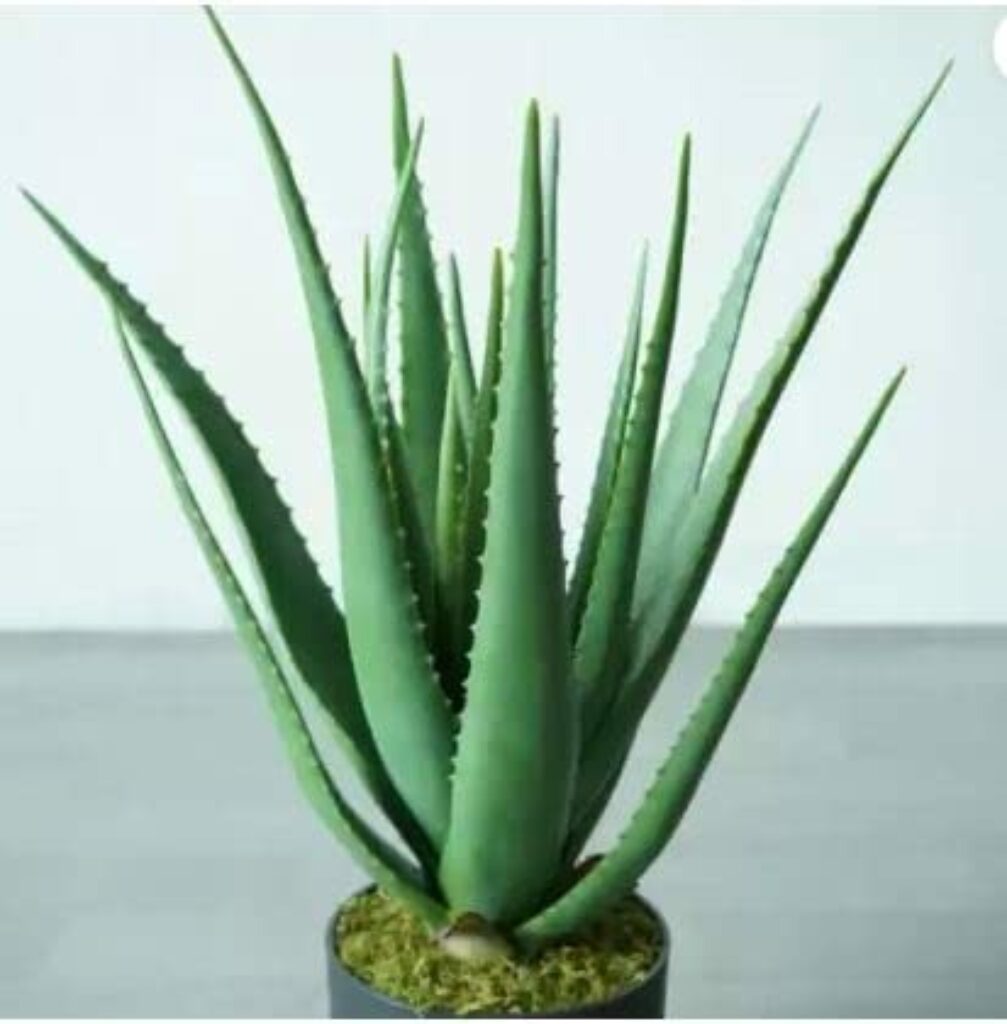
Aloe vera is renowned for its soothing properties. The gel inside its leaves is used to treat burns, skin irritations, and wounds. It also possesses anti-inflammatory and antibacterial properties, making it an essential plant in skincare and natural medicine.
2. Ginseng
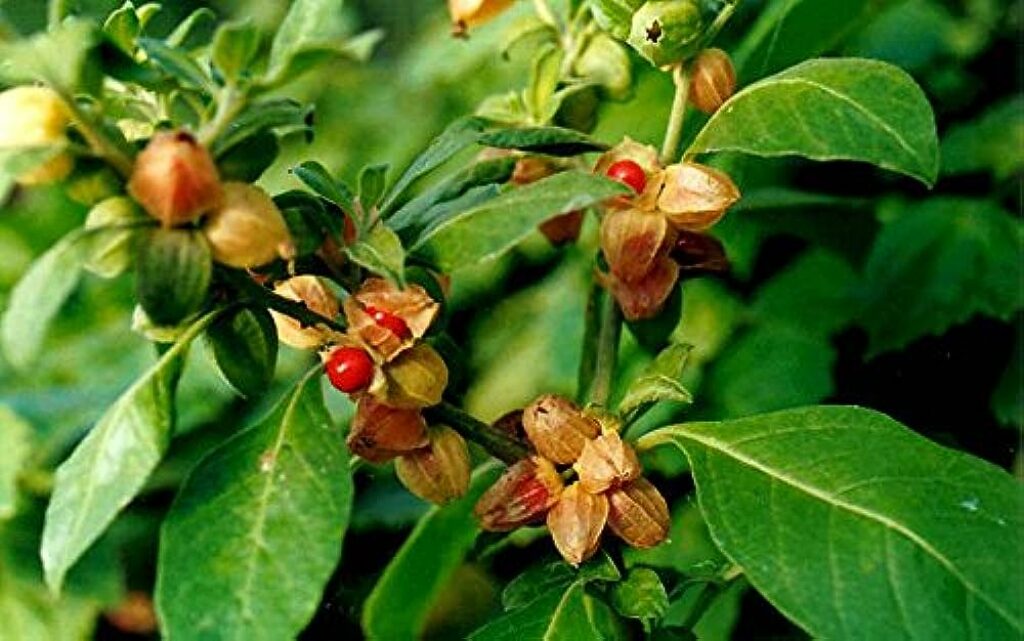
Ginseng, particularly Panax ginseng, has been a staple in traditional Chinese medicine. It’s known for boosting energy, reducing stress, and improving cognitive function. Ginseng is often used to combat fatigue and enhance overall vitality.
3. Turmeric
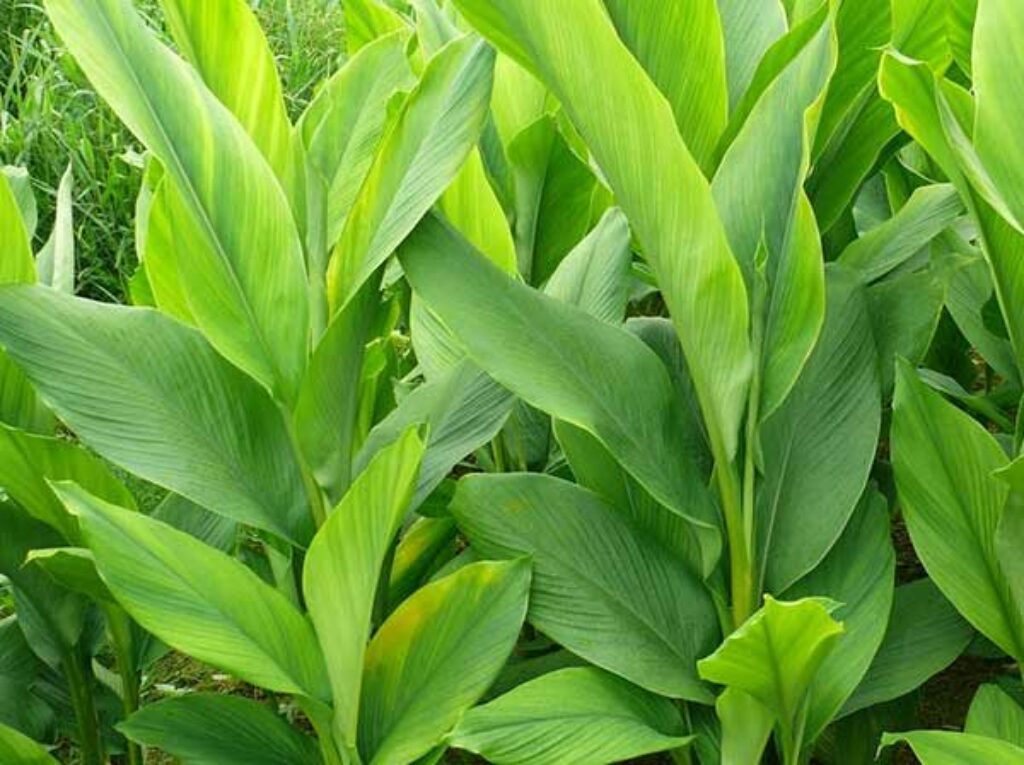
Turmeric, with its active compound curcumin, is a potent anti-inflammatory and antioxidant. It has been used in Ayurvedic and traditional Chinese medicine to alleviate arthritis symptoms and promote digestive health. Modern research has also shown promise in its potential cancer-fighting properties.
4. Lavender
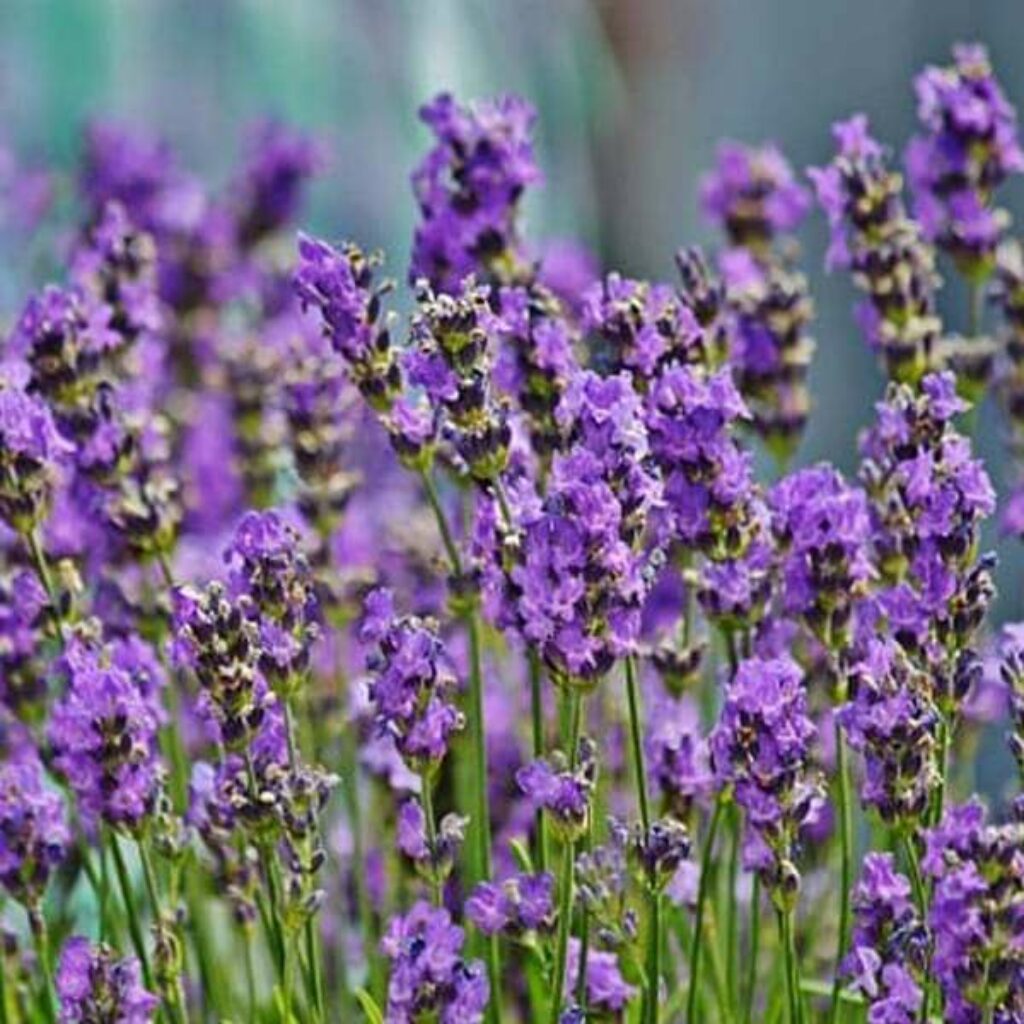
Lavender’s fragrant oil is cherished for its calming and relaxation-inducing effects. It’s commonly used in aromatherapy to alleviate stress, anxiety, and insomnia. Additionally, lavender oil is applied topically to heal minor burns and insect bites.
5. Echinacea
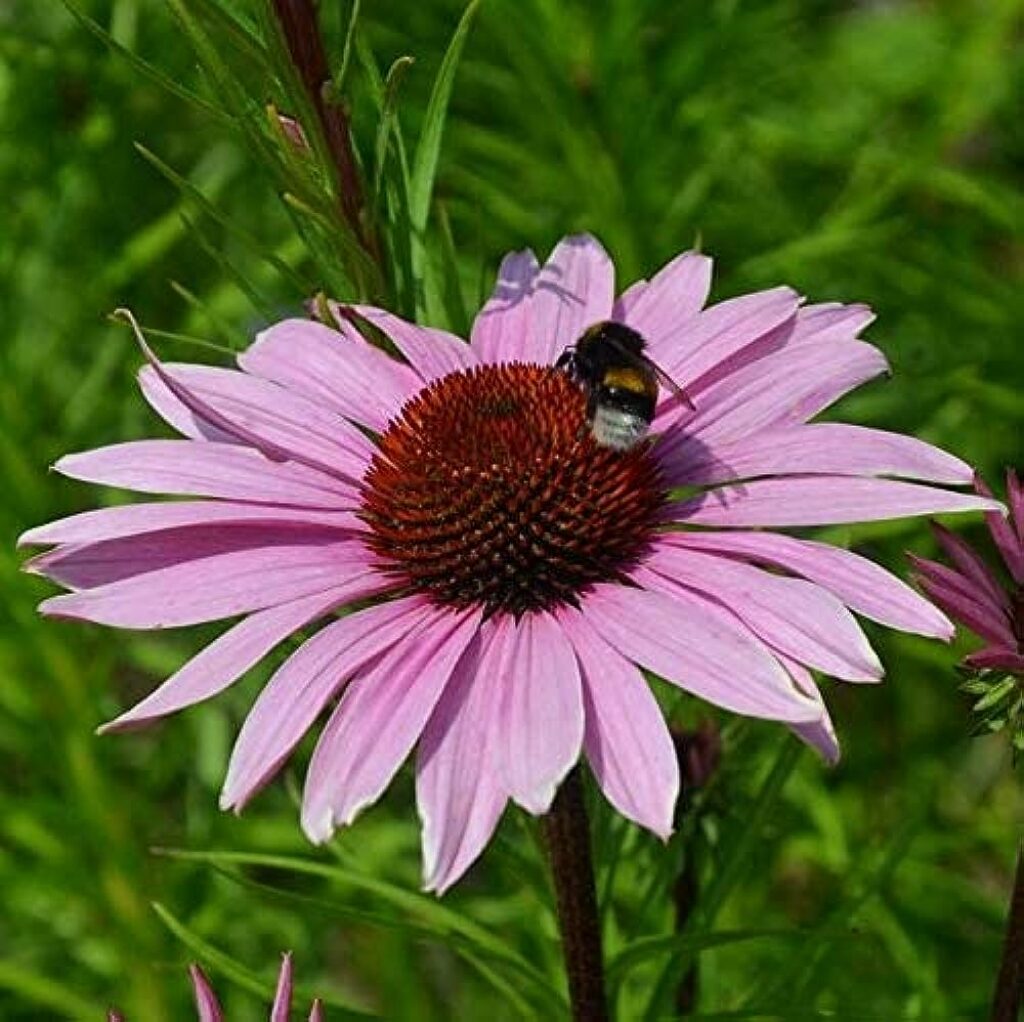
Echinacea, or purple coneflower, is a popular remedy for boosting the immune system. It’s often taken as a supplement or brewed into tea to help the body fight off infections like the common cold and flu.
6. Chamomile

Chamomile, in the form of tea, is celebrated for its soothing properties. It aids in digestion, reduces anxiety, and promotes restful sleep. Chamomile tea is a go-to remedy for those seeking relaxation and relief from stress.
7. Peppermint
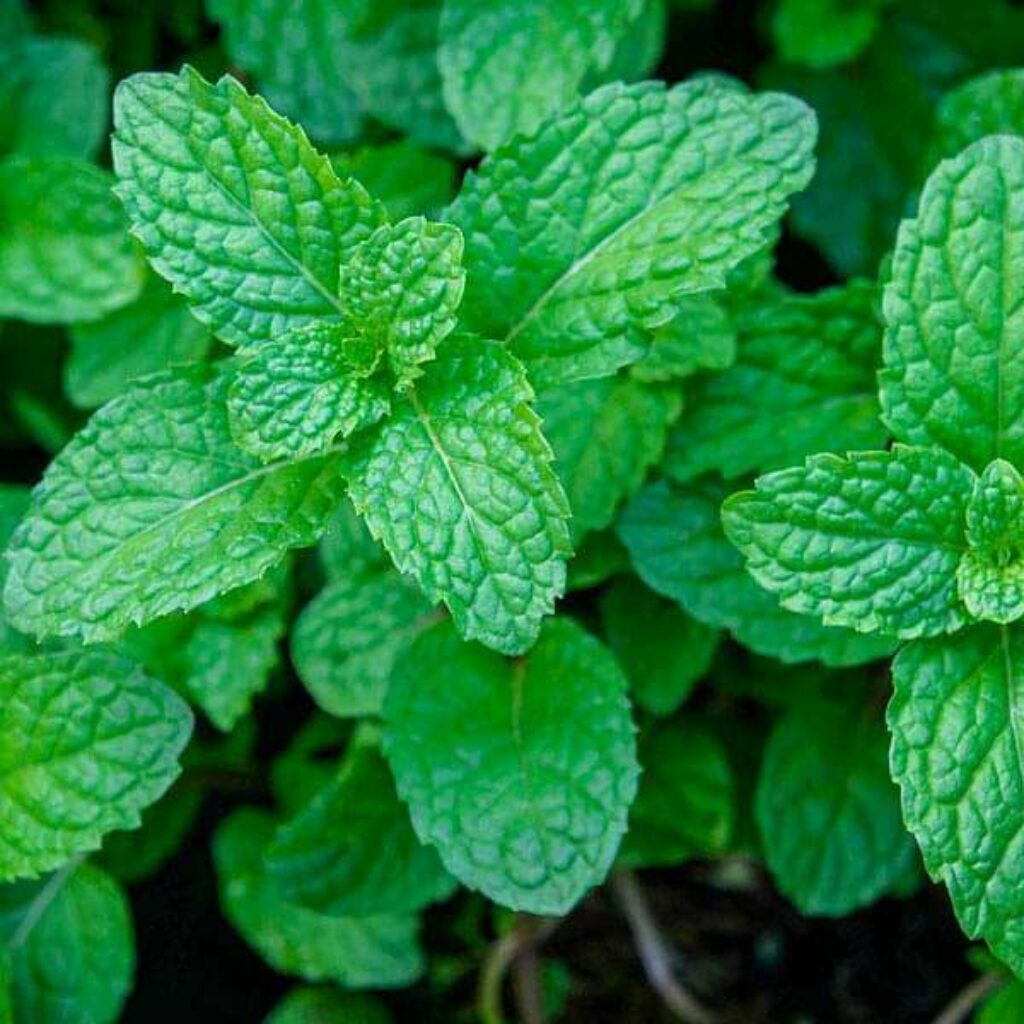
Peppermint leaves contain menthol, which is known for its ability to relieve digestive issues like indigestion and irritable bowel syndrome. Additionally, peppermint oil is used topically to alleviate headaches and muscle pain.
8. Garlic
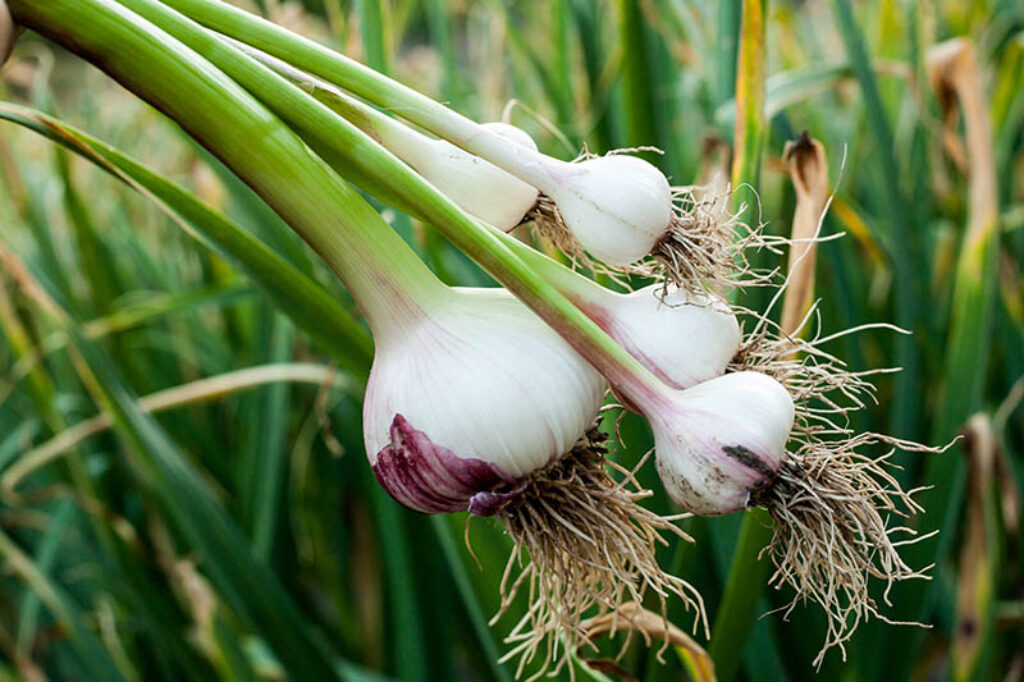
Garlic is more than just a culinary delight; it’s a powerful medicinal plant. It’s well-known for its ability to reduce high blood pressure and lower cholesterol levels. Garlic also has antimicrobial properties that can help fend off infections.
9. Ginkgo Biloba

Ginkgo biloba is valued for its potential to enhance cognitive function. It’s often used as a supplement to improve memory, focus, and overall brain health. Some studies suggest it may also help with age-related cognitive decline.
10. St. John’s Wort

St. John’s Wort is used to treat mild to moderate depression and anxiety. Its active compounds are believed to influence neurotransmitters in the brain, helping to elevate mood and reduce symptoms of these mental health conditions.
Conclusion
In conclusion, the world of medicinal plants is rich and diverse, offering a myriad of benefits for human health. From the soothing properties of Aloe Vera to the cognitive-enhancing effects of Ginkgo Biloba, these plants have played a vital role in traditional and modern medicine.
Their significance extends beyond their therapeutic applications; these plants often serve as a bridge between cultures and generations. Traditional herbal remedies passed down through the ages, continue to find a place in contemporary healthcare, complementing pharmaceutical advancements.
As we navigate an era of increasing interest in natural and holistic wellness, the value of medicinal plants remains as potent as ever. However, it’s crucial to approach their use with knowledge and care. Consultation with healthcare professionals and proper research into dosages and potential interactions are essential when integrating medicinal plants into one’s health regimen.
In embracing the wisdom of nature and harnessing the benefits of these ten remarkable medicinal plants, we find a harmonious synergy between traditional wisdom and modern science, ultimately contributing to our pursuit of healthier, happier lives.
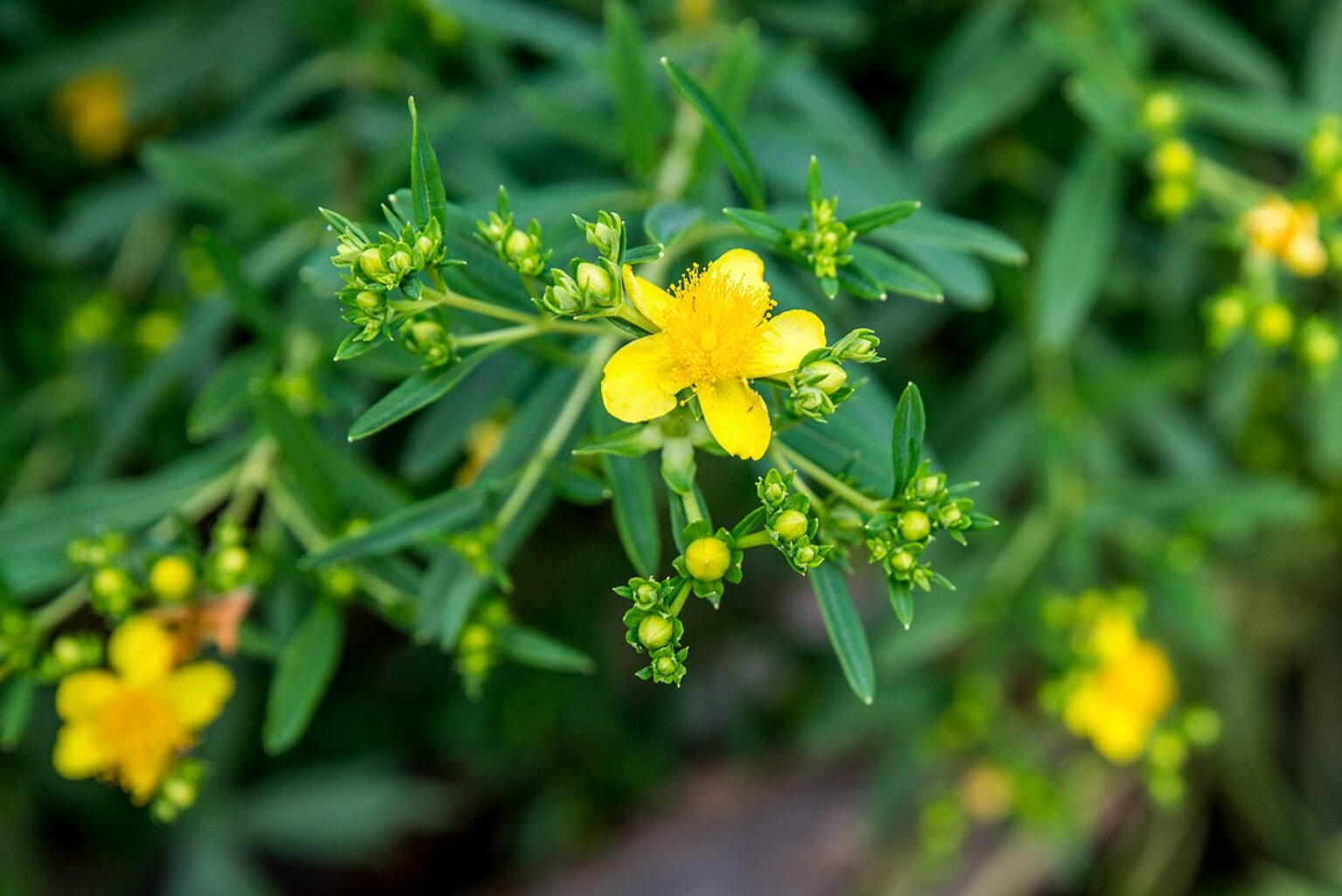
Leave a Reply